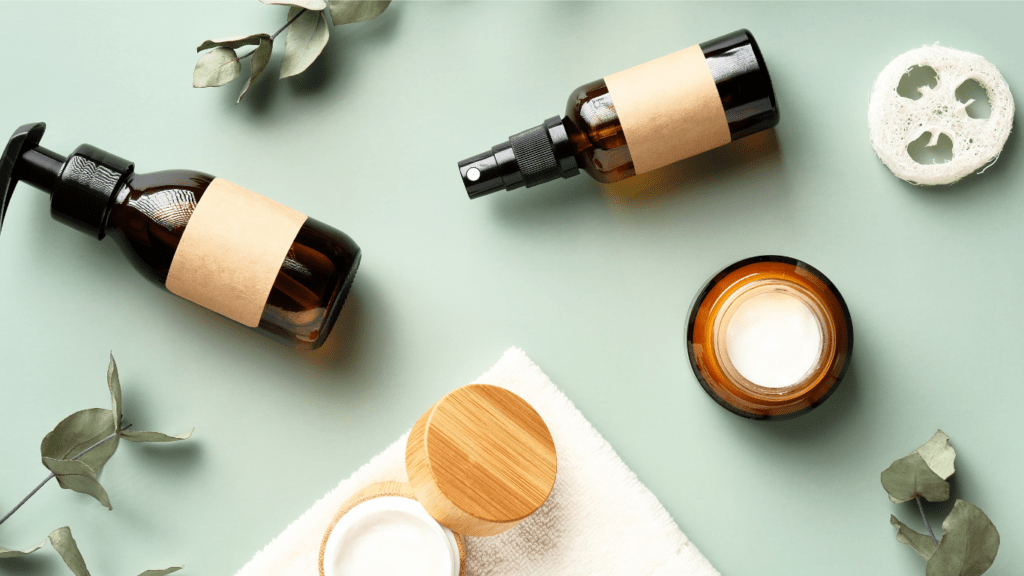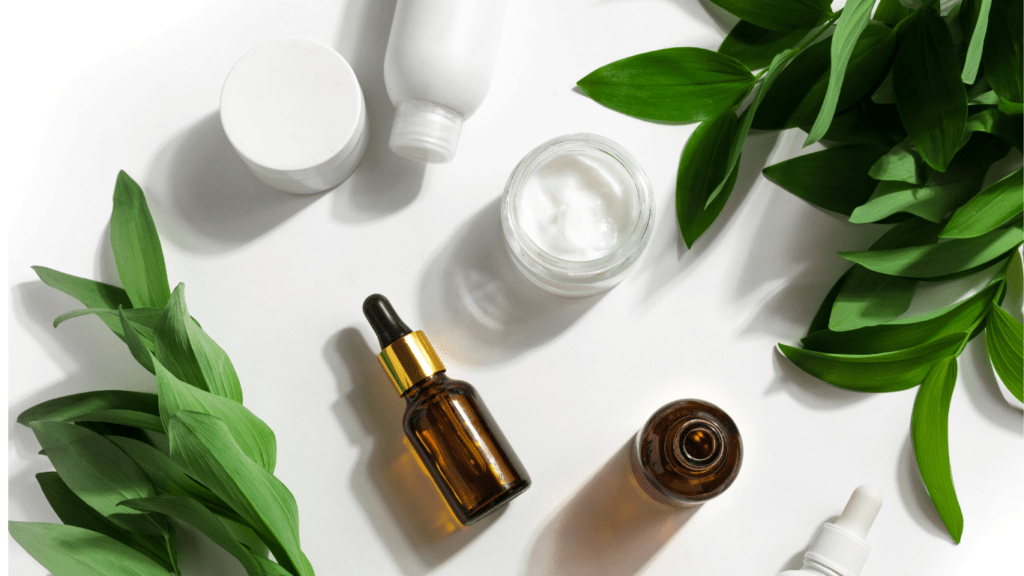Understanding Organic Skincare Products
Organic skincare products use naturally derived ingredients to nourish and maintain skin health. They avoid synthetic chemicals, offering a cleaner and safer alternative.
What Are Organic Skincare Products?
Organic skincare products consist of plant-based ingredients grown without pesticides, synthetic fertilizers, or genetically modified organisms (GMOs).
They include natural oils, vitamins, and minerals. For example, organic facial oils might use jojoba or rosehip oil, and organic lotions might contain aloe vera or shea butter. Certification from organizations like USDA or ECOCERT verifies their organic status.
Why Choose Organic Over Conventional Skincare?
Organic skincare products reduce exposure to harmful chemicals. Conventional skincare often contains parabens, sulfates, and artificial fragrances, which can irritate the skin. Organic alternatives use gentle, natural ingredients, reducing the risk of adverse reactions.
Additionally, organic skincare supports eco-friendly practices. These products use sustainable farming methods, reducing environmental impact. Packaging is often recyclable or biodegradable, contributing to lower waste.
Organic products are also rich in essential nutrients. Cold-pressed oils, flower extracts, and plant-derived vitamins A, C, and E nourish the skin more efficiently than synthetic counterparts, enhancing skin health and radiance.
Top 10 Benefits of Using Organic Skincare Products
Organic skincare products provide multiple advantages that enhance their appeal and value. These products contribute to both personal health and environmental well-being.
Improved Skin Health with Natural Ingredients
Organic skincare products improve skin health by utilizing natural ingredients. These products often contain plant-based extracts like aloe vera, chamomile, and green tea, which soothe and rejuvenate the skin.
Safety from Harsh Chemicals
Organic skincare ensures safety from harsh chemicals. Conventional products often include parabens, sulfates, and synthetic fragrances, which can irritate the skin over time. Organic products use safer alternatives, reducing the risk of skin reactions and long-term health concerns.
Sustainability and Environmental Impact
Using organic skincare products promotes sustainability and reduces environmental impact. These products follow eco-friendly practices, including sustainable farming and recyclable packaging, contributing to a healthier planet.
Nutrient-Rich Skin Nourishment
Organic skincare products offer nutrient-rich nourishment. Ingredients like:
- shea butter
- coconut oil
- vitamins A, C, and E
are commonly used, providing essential nutrients that improve skin texture and appearance.
Gentle on Sensitive Skin
Organic products are often gentle on sensitive skin. They exclude synthetic additives and preservatives that can cause irritation, making them suitable for those with dermatological concerns or allergies.
Long-Term Cost Efficiency
Though initially pricier, organic skincare can be cost-efficient over time. The concentrated natural ingredients often require smaller amounts per use, offering longevity and reducing the need for frequent purchases.
Ethical Practices and Cruelty-Free Standards
Organic skincare brands adhere to ethical practices and cruelty-free standards. Many are certified by organizations like Leaping Bunny, ensuring no animal testing in product development.
Better for Your Overall Health
Using organic skincare benefits overall health. Chemical-free products reduce toxin exposure, contributing to better skin health and overall well-being.
Potent Natural Fragrances
Organic products boast potent natural fragrances. Essential oils like lavender, rose, and citrus provide appealing scents without synthetic additives, enhancing the skincare experience.
Suitability for All Skin Types
Organic skincare products are suitable for all skin types. They offer balanced formulations that address specific skin needs, from oily to dry or combination skin, ensuring equitable skin health benefits.
Choosing the Right Organic Skincare Products
Selecting authentic organic skincare products is essential for maximizing their benefits. I’ll guide you on identifying genuine products and integrating them into your routine effectively.
How to Identify Genuine Organic Products

- Identifying genuine organic skincare products involves checking for specific certifications.
- Look for labels from organizations like USDA Organic, ECOCERT, and COSMOS. These certifications ensure products meet stringent organic standards.
- Reading ingredient lists helps spot authentic products.
- Genuine organic skincare items contain natural components like aloe vera, chamomile extract, and green tea.
- Avoid products with synthetic chemicals like parabens, phthalates, or artificial fragrances.
- Packaging clues can reveal a product’s authenticity.
- Eco-friendly packages often indicate a commitment to organic practices.
- Clear information about organic ingredients and ethical sourcing usually signifies a genuine product.
Tips for Integrating Organic Products into Your Routine
Start slow when integrating organic skincare products into your routine. Introduce one product at a time, like a cleanser or moisturizer, to observe how your skin reacts. Gradually add more items over weeks.
Consistency matters in skincare. Stick to a routine with organic products to see noticeable results. For instance, use an organic cleanser in the morning and an organic moisturizer at night.
Storing organic products correctly ensures their efficacy. Since they lack synthetic preservatives, store them in cool, dry places away from direct sunlight.
Switching to organic doesn’t mean abandoning your entire skincare routine. Complement existing favorites with organic alternatives. For example, replace a chemical-laden toner with an organic one for better skin health.
 Ruby Miller - Eco Specialist & Contributor at Green Commerce Haven
Ruby Miller is an enthusiastic advocate for sustainability and a key contributor to Green Commerce Haven. With a background in environmental science and a passion for green entrepreneurship, Ruby brings a wealth of knowledge to the platform. Her work focuses on researching and writing about eco-friendly startups, organic products, and innovative green marketing strategies. Ruby's insights help businesses navigate the evolving landscape of sustainable commerce, while her dedication to promoting eco-conscious living inspires readers to make environmentally responsible choices.
Ruby Miller - Eco Specialist & Contributor at Green Commerce Haven
Ruby Miller is an enthusiastic advocate for sustainability and a key contributor to Green Commerce Haven. With a background in environmental science and a passion for green entrepreneurship, Ruby brings a wealth of knowledge to the platform. Her work focuses on researching and writing about eco-friendly startups, organic products, and innovative green marketing strategies. Ruby's insights help businesses navigate the evolving landscape of sustainable commerce, while her dedication to promoting eco-conscious living inspires readers to make environmentally responsible choices.
